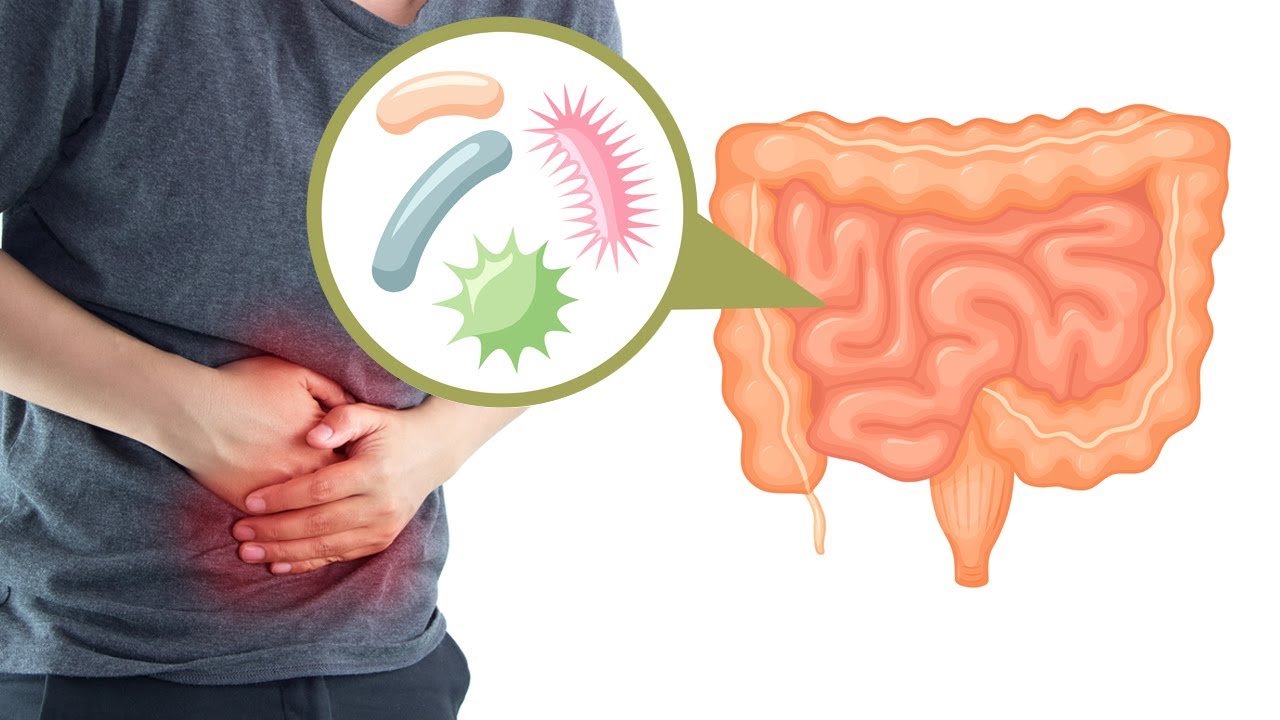
If we are serious about maintaining a healthy body and mind, we would be wise to pay attention to the health of our gut. Our gastrointestinal tract is an architectural wonder. Good bacteria flourishes within the twists and turns of the colon, and is tasked with many functions. Some are responsible for giving a boost to our immune system, convert food into energy, eliminate waste and toxins.
So our gut is under a lot of pressure to perform well. But when bad bacteria storms in, a gut imbalance will occur. Suddenly hormones are off balance, which can leave us vulnerable to a wide range of health issues.
Most of us don’t know there’s a fight between good and evil bacteria until a state of war has been declared in our rumbling intestinal tract.
In fact, a gut imbalance has been linked to hormonal imbalances, autoimmune diseases and more.
In today’s video we’ll examine 9 warning signs that can alert us of a battle brewing.
1. Lack of Energy
Sleepless nights are one sign. If digestion is having trouble, your metabolism will be slowed down. Therefore, the chemical breakdown of food for energy production isn’t going as planned. Bad gut bacteria can rob your body from the nutrients it needs. And some toxins that should be eliminated are scampering into other areas of your body and they are up to no good.
2. Digestive Issues
Some signals are obvious: bloating, gas, diarrhea are a few warning signs. Your good gut bacteria are struggling mightily to break down food. Some gas is normal, but excessive gas that causes bloating and burping are signaling there’s trouble below. Acid reflux, IBS, and colitis are other problems that are a direct result of an invasion of bad bacteria.
3. Complexion Problems
Once those bad bacteria are wreaking havoc, gut inflammations can trigger inflammations elsewhere – especially on the face. If you notice a flair up of acne, rosacea, eczema or psoriasis, it may be time to neutralize your gut.
4. Vitamin and Mineral Deficiencies
To squeeze every precious nutrient and mineral from food, the gut needs to be functioning properly. Your cells depend upon them for growth, energy and repair.
5. Autoimmune Diseases
A malfunctioning gut has been significantly linked to autoimmune diseases which include lupus, rheumatoid arthritis and Crohn’s disease.
6. Onset of Diabetes
An unhealthy gut can also trigger the onset of Type 2 diabetes. Patients with this disease have high levels of bad bacteria in their gut.
7. Mood Issues
Anytime bad bacteria are in control, you can be sure toxins will be produced. And they can disrupt the normal production of the happy hormone – serotonin – and other neurotransmitters that can elevate your mood. Instead, you are bombarded with mood swings, stress, anxiety and depression.
8. Difficulty Sleeping
Deep within your gut are warehouses that stash and regulate serotonin. Without this hormone to induce and regulate sleep, you will experience a restless night of tossing and turning.
9. Stubborn Weight
Those who are obese or carrying around too much weight have a different ratio of intestinal bacteria from those who maintain a healthy weight. A body that’s not properly digesting and absorbing fat will find some place to store it.
Tips to build and maintain a healthy gut:
Eat less sugar, which contributes to the growth of bad gut bacteria;
Chew food slowly, thoroughly;
Stay hydrated;
Undergo a gentle detoxification monthly to eliminate toxins;
Consume more probiotic foods (or supplements) to restore the balance of gut bacteria;
For more information and references, check the article on our blog:
https://www.naturalcures.me
Disclaimer: The materials and the information contained on Natural Cures channel are provided for general and educational purposes only and do not constitute any legal, medical or other professional advice on any subject matter. These statements have not been evaluated by the FDA and are not intended to diagnose, treat or cure any disease. Always seek the advice of your physician or other qualified health provider prior to starting any new diet or treatment and with any questions you may have regarding a medical condition. If you have or suspect that you have a medical problem, promptly contact your health care provider.